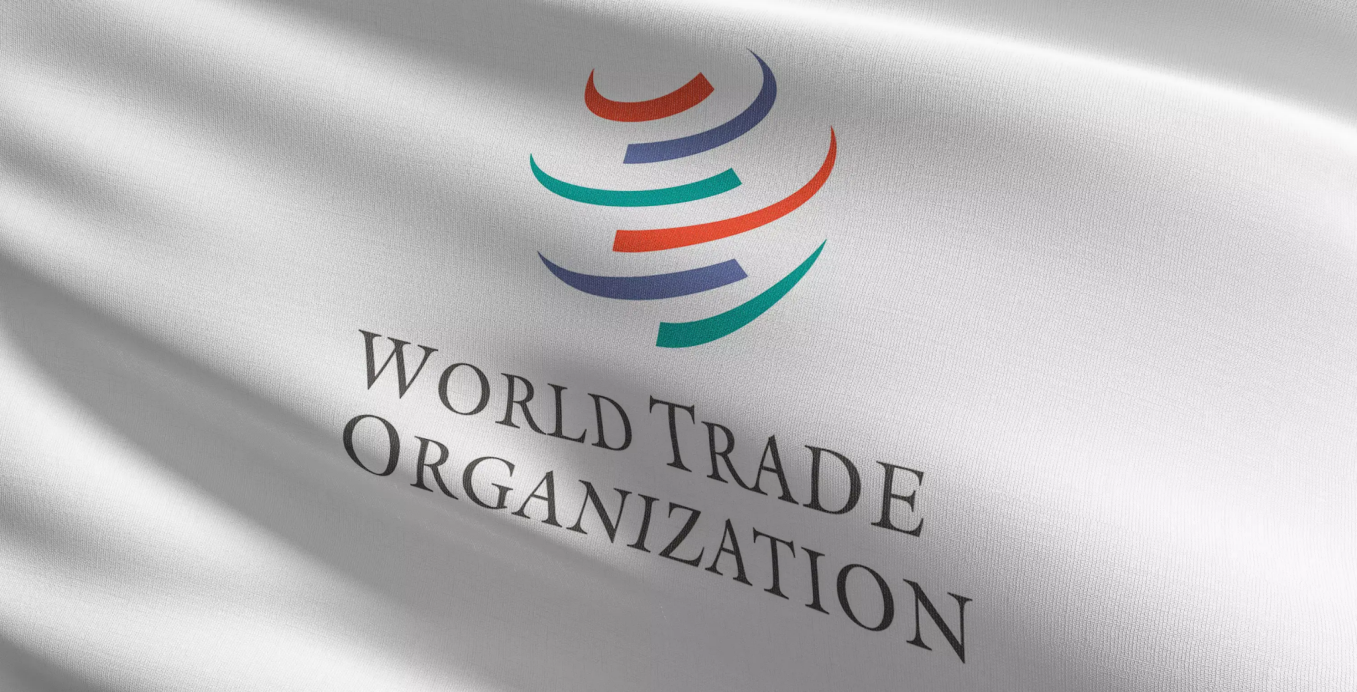Free Courses Sale ends Soon, Get It Now


Free Courses Sale ends Soon, Get It Now



Copyright infringement not intended
Picture Courtesy: https://www.live-eo.com/article/the-world-trade-organization-and-the-eudr
Context: The WTO has initiated the Services Domestic Regulation (DSR) agreement, with 72 member nations voluntarily assuming extra obligations to streamline service trade, addressing issues like licensing, technical standards, and qualification procedures.
Details
Services Domestic Regulation (DSR)
Implementation and Participating Nations
Most-Favored-Nation (MFN) Principle
Economic Projections
Participating Countries
|
About General Agreement on Trade in Services (GATS) |
||
|
Key Points |
Description |
Importance |
|
Scope |
A WTO agreement created in 1995 to establish rules for international trade in services. |
Provides a legal basis for the growth of services trade. |
|
Key Principles |
Most Favored Nation (MFN): Prohibits discrimination among WTO members regarding services trade. National Treatment: Requires equal treatment for foreign and domestic service providers in a member's market. Market Access: Members must outline open service sectors and any limitations. Transparency: Members must publish relevant laws and regulations. |
Ensures fair competition and predictability for businesses operating internationally. |
|
Structure |
Framework Agreement: Establishes overarching principles and rules. National Schedules of Commitments: Each country lists specific market access & national treatment commitments in different service sectors. Annexes: Address special rules or exemptions for certain sectors. |
Provides a flexible framework for tailoring liberalization across sectors and countries. |
|
Benefits |
Promotes Trade: Reduces barriers and increases investment in services. Economic Growth: Spurs innovation, efficiency, and development across sectors. Developing Countries: Includes provisions to support the participation of developing nations. |
Has major potential to boost economies globally. |
Conclusion
Must Read Articles:
|
PRACTICE QUESTION Q. The General Agreement on Trade in Services (GATS) was established in an era before the rise of e-commerce and other technology-driven services. How do new technologies challenge the existing framework of GATS, and how can the WTO adapt to effectively address these challenges? |
© 2024 iasgyan. All right reserved